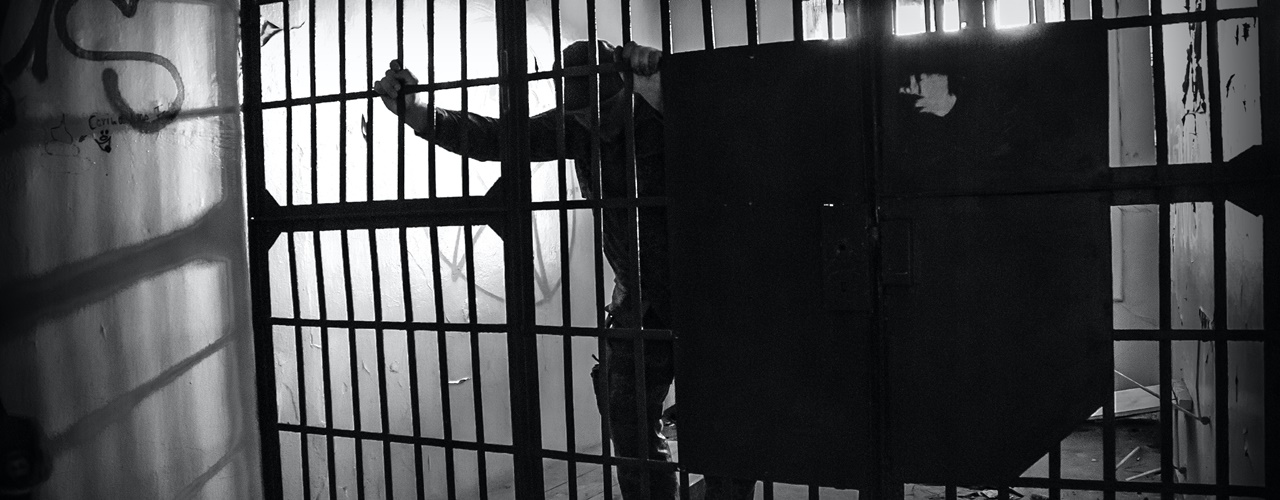
Table of Contents
Bigamy in the Philippines
Bigamy in the Philippines is a criminal case where one spouse has contracted a second marriage while still married.
In this article, I’ll tackle common questions such as:
- What is Bigamy in the Philippines?
- Who can file a case for Bigamy Philippines?
- What is the Bigamy Penalty Philippines?
- Is bigamy bailable in the Philippines?
- Where do you file a case for Bigamy in the Philippines?
- Is bigamy a ground for annulment?
- What is the Bigamy process in the Philippines?
I’ll first start with what Bigamy in the Philippines is. Let’s begin.
What is Bigamy Philippines?
A Bigamy Philippines court case is a criminal case with jail time of 6 years and one day to 12 years and seeks to prove a second marriage was validly enacted when a previously marriage existed.

The 4 elements that comprise Bigamy in the Philippines are:
- that the offender has been legally married
- that the marriage has not been legally dissolved or, in case his or her spouse is absent, the absent spouse could not yet be presumed dead according to the Civil Code
- that he or she contracts a second or subsequent marriage
- that the second or subsequent marriage has all the essential requisites for validity.

All of these must be proven so that a Bigamy Philippines case can be successful.
Assembling the evidence to prove these 4 elements can be detailed, so it’s best to contact a Bigamy Lawyer in the Philippines to help.
Who can file a Bigamy case in the Philippines?
Anyone can make the complaint for a Bigamy Philippines case as it is a public offense. So, theoretically anyone who knows of a crime of Bigamy in the Philippines may instigate a case.
Most often, however, it will be one of the spouses.

Can a first spouse file for bigamy?
Yes, a first spouse can file a Bigamy Philippines case.
Can a second spouse file for bigamy?
Yes, a second spouse can also file a Bigamy Philippines case if she or he was unaware of the previous marriage.
Now, what happens if the second spouse was aware of the first marriage but married anyway?

If the second spouse was aware of the first marriage, she can be included as a co-accused [G.R. No. L-40624]. She would be considered an accomplice [G.R. 200233] and would have the penalty of 6 months and one day to 6 years subject to the Indeterminate Sentence law.
Depending on the evidence assembled, a Bigamy Lawyer in the Philippines might choose to charge both the bigamist and the second spouse – you will only know what is possible after a full assessment.
What is the Bigamy Penalty Philippines?
A Bigamy Penalty Philippines is 6 years and 1 day to 12 years for the principal and 6 months and 1 day for the accomplice, subject to the Indeterminate Sentence law and taking into consideration aggravating or mitigating circumstances.

The principal accused is the bigamist or the person who committed the Bigamy in the Philippines.
The accused – as mentioned above – may be the second spouse if she was aware that the bigamist was already married.

Now, what about mitigating or aggravating circumstances?
If there are mitigating circumstances then the Bigamy Penalty Philippines is reduced.
Likewise, if there are aggravating circumstances then the Bigamy Penalty Philippines is increased.
Please note that the calculations for Bigamy Penalty Philippines can thus increase or decrease depending on the circumstances. The penalty may also by subject to the Indeterminate Sentence law.
Is Bigamy bailable in the Philippines?
The question, “Is Bigamy bailable in the Philippines?” is asked a lot, and the answer is Yes.
The Department of Justice in 2018 released a circular simplifying how bail was computed.
Bail is calculated on the maximum years for the Bigamy Penalty Philippines, multiplied by 6,000.

Bail can be modified and can be less or more depending on the financial circumstances of the accused, his age or health, the weight of the evidence (among other considerations listed in Rule 114 Sec 9 Revised Rules on Criminal Procedure)
So, while the answer to, “Is Bigamy bailable in the Philippines?” is Yes, the exact amount will only be known when the case for Bigamy in the Philippines starts, given that there is some leeway in the calculation.

A Bigamy Lawyer in the Philippines might be able to give you a better approximation upon close examination of the case facts, but only the court and prosecutor can determine the amount with certainty.
Where do you file Bigamy in the Philippines?
A Bigamy case in the Philippines is filed by lodging a complaint at the Prosecutor’s office in the city or province where acts of bigamy occurred. The Regional Trial Court eventually oversees the case when it passes the prosecutor level.

So, if the bigamous second marriage was conducted in the Bacoor, Cavite, the case for Bigamy will be filed there.
And if the bigamous second marriage was conducted in Manila, the case for a Bigamy Philippines case will be filed there.
This is why Bigamy that is committed outside the Philippines cannot be construed as Bigamy in the Philippines, due to the fact that is falls out of our jurisdiction.

What if a second marriage was found bigamous abroad? Can the foreigner husband have this recognized in the Philippines?
Yes, he can.
In the case of Fujiki vs Marina, the foreigner spouse filed so that the Japanese Court’s Decision that his wife’s second marriage was void due to Bigamy could be recognized in the Philippines.
This case was successful.
What if a foreigner was already married and he had a second marriage in the Philippines? Can this be tried in the Philippines?
Yes, this is Bigamy in the Philippines since the bigamous marriage was celebrated in the Philippines and so it can be tried here.
Is Bigamy a Ground for Annulment?
The answer to “Is Bigamy a ground for Annulment?” is Yes.
Most often people in this situation are also concerned with ending the marriage through Annulment, not just with the criminal case for Bigamy in the Philippines itself.

Sec 35 (4) of the Family code specifically answers the question “Is Bigamy a ground for Annulment in the Philippines?” with this:
The following marriages shall be void from the beginning … those bigamous or polygamous marriages not failing under Article 41 (Presumptive Death)
However, the Annulment must be filed for you to remarry even if the marriage is void from the beginning.

You should not remarry until you have concluded the case for Annulment in the Philippines.
Read our article Annulment in the Philippines, for more information or contact an Annulment lawyer in the Philippines.
What is the Bigamy process in the Philippines?
The Bigamy process in the Philippines follows the general outline for a criminal case in that it begins at the prosecutor’s level and then goes through Arraignment, Pretrial and then Trial Proper.
I’ll go through the Bigamy process in the Philippines in brief to help give you a useful outline.

The Bigamy process in the Philippines is composed of:
- Filing the complaint at the Prosecutor’s Office
- Prosecutor’s Office will either dismiss the complaint or he will set bail and produce a warrant of arrest and forward an Information so that the case can be tried at the RTC.
- Arraignment and Pretrial will be conducted
- Trial proper will commence with the prosecution submitting facts and presenting Witnesses and concluding with a Formal Offer of Evidence
- Defense may choose to present Evidence or argue that the Prosecution failed to overcome the presumption of innocence.
- Case is submitted for Resolution.
- Promulgation of Judgement

The Bigamy process in the Philippines can take some time, because of how overwhelmed the courts are and hearings are several months apart.
Even the process at the Prosecutor’s office can be drawn out.
Although a good Bigamy Lawyer in the Philippines will minimize delay on his side by complying with the legal requirements, much of the process is in the court’s hands.
Expect the case for Bigamy in the Philippines to take some time, due to how overworked the courts are.

